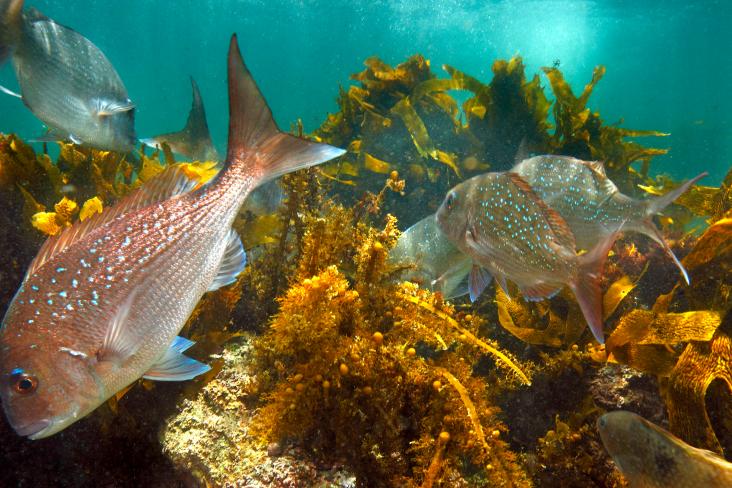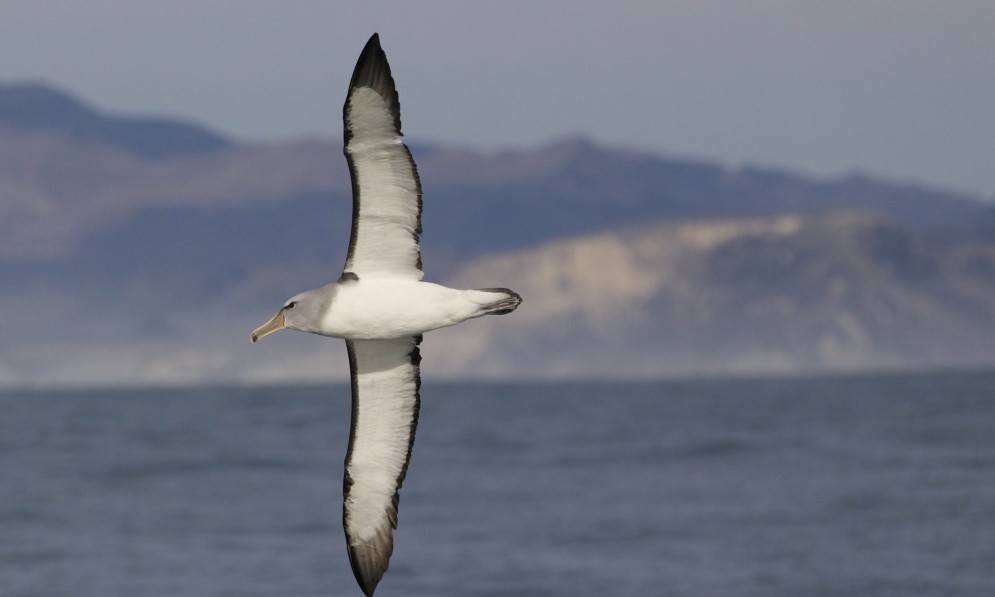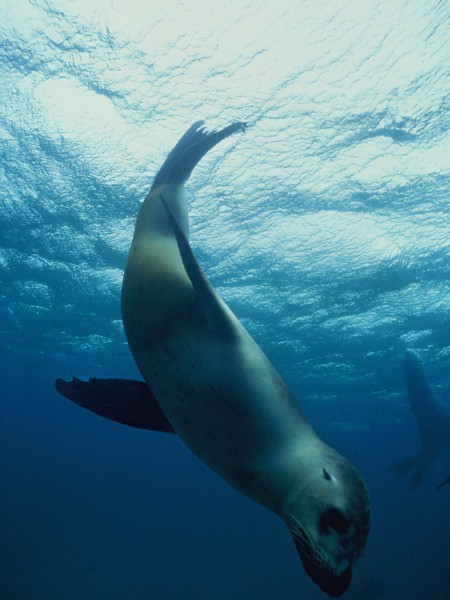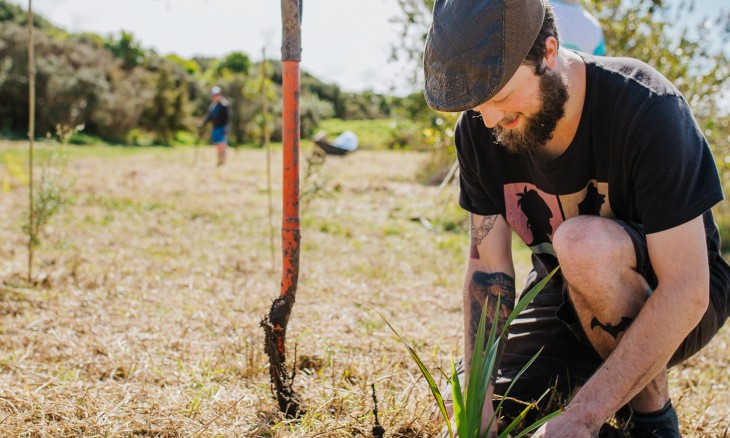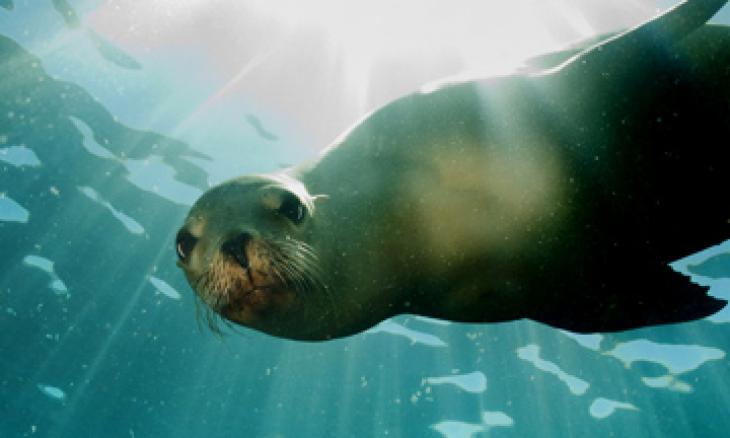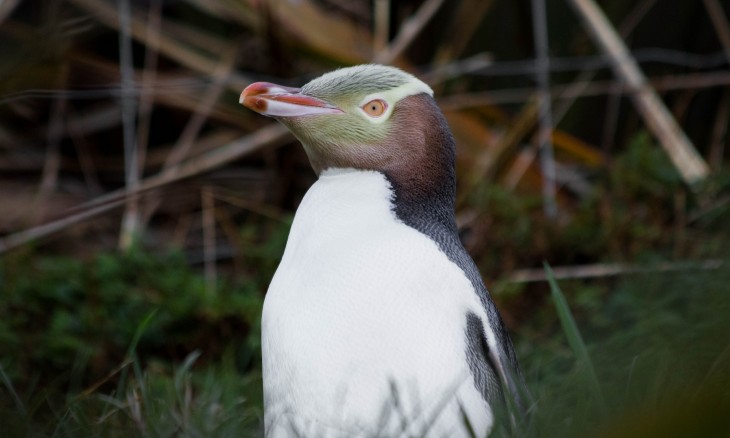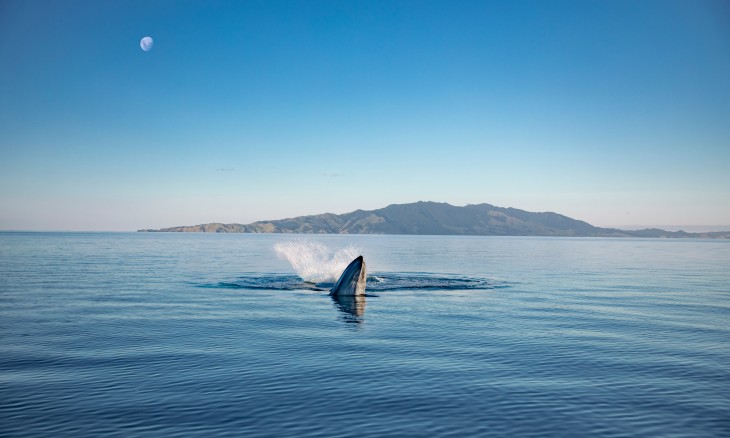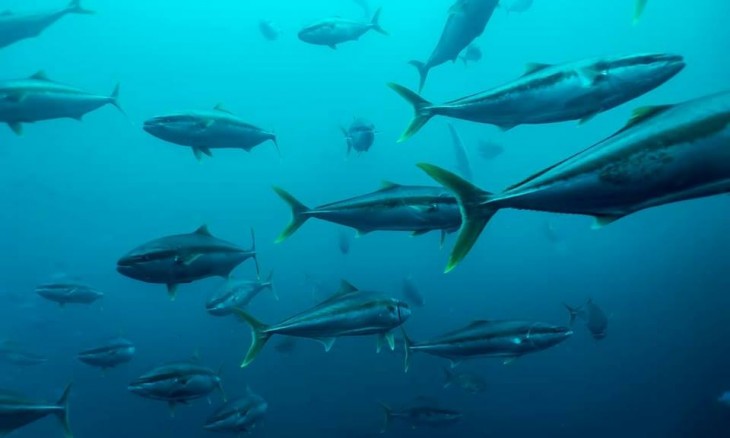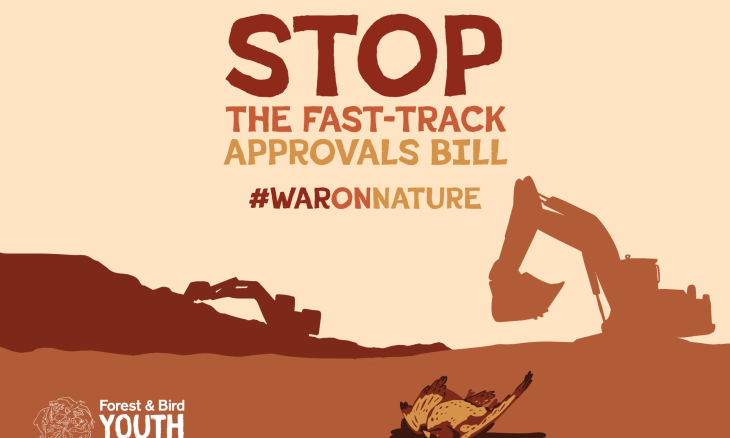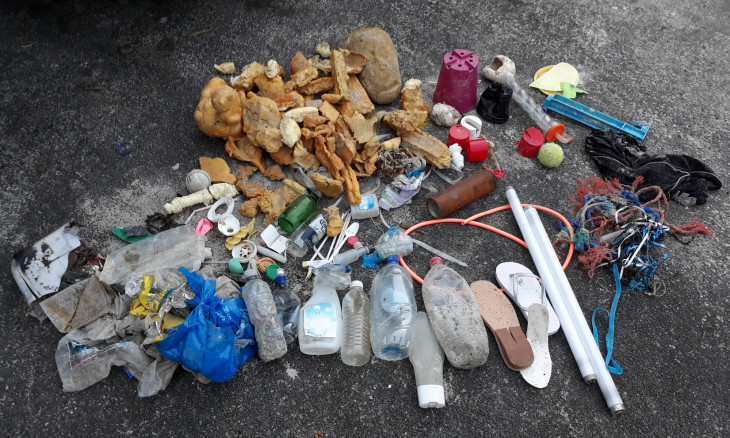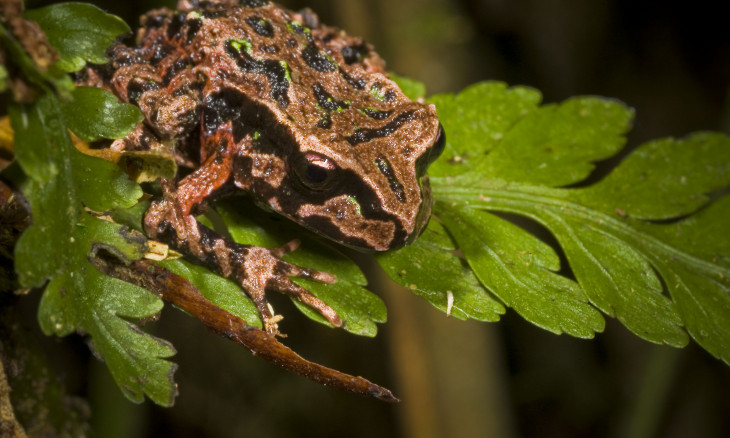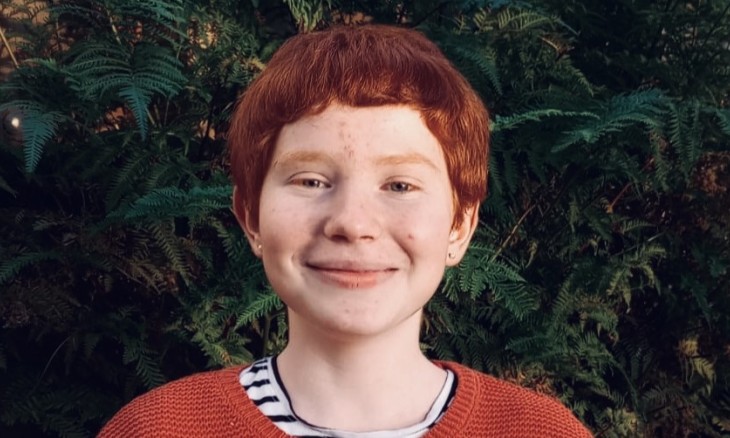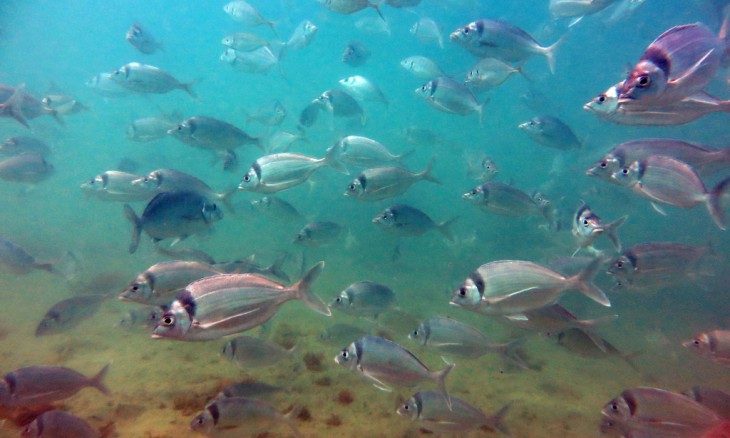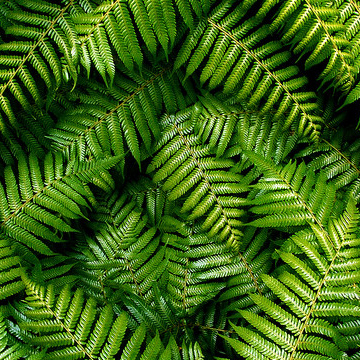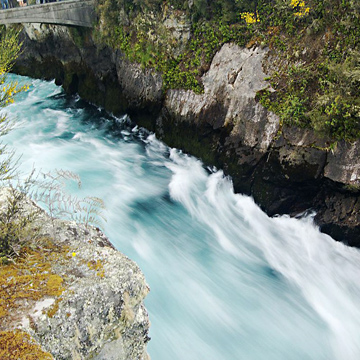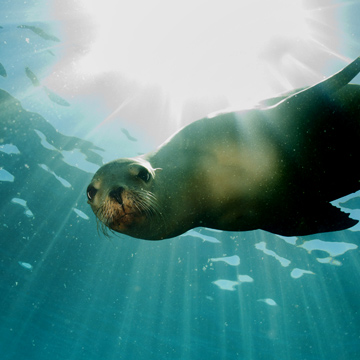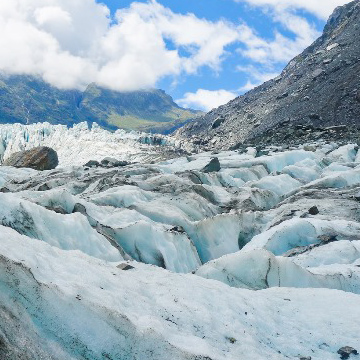The islands of Aotearoa are some of the most remote in the world. Their lonely place at the southern limit of the vast Pacific Ocean makes them an important place for marine species.
Almost half of the world’s whales and dolphin visit or live in New Zealand waters — from the tiny Hector's and Māui's dolphins to the largest animal that’s ever existed, the blue whale.
Aotearoa is also the seabird capital of the world. Of the 360 seabird species found worldwide, 86 breed in New Zealand, including 38 which breed nowhere else.
But only a tiny fraction of our marine environment has any protection. A third of New Zealand’s land mass is protected in parks and reserves, but our marine reserves cover just 0.48 percent of our oceans.
The vast majority of our oceans are open for exploitation by fishing, mining, oil, and gas companies. Seabird and marine mammal by-catch, habitat destruction, and over-fishing are destroying whole ocean ecosystems.
Fisheries New Zealand is responsible for policing the fishing industry but has been heavily influenced by commercial fishing interests. They have failed to act on illegal fishing practices, rampant seabird and marine mammal by-catch, and only monitor 12 percent of New Zealand’s 1100 fishing boats at any one time.
We can do much better for our oceans. Forest & Bird want to protect and bring back the life in our oceans with more marine reserves, stronger fishing rules, cameras on all commercial fishing boats, and implementing a zero by-catch target.
Our oceans are home to the world’s rarest sea lion, penguin, dolphin, whale, and albatross. We’re not very good at looking after our majestic marine life, but we can be, with your help.
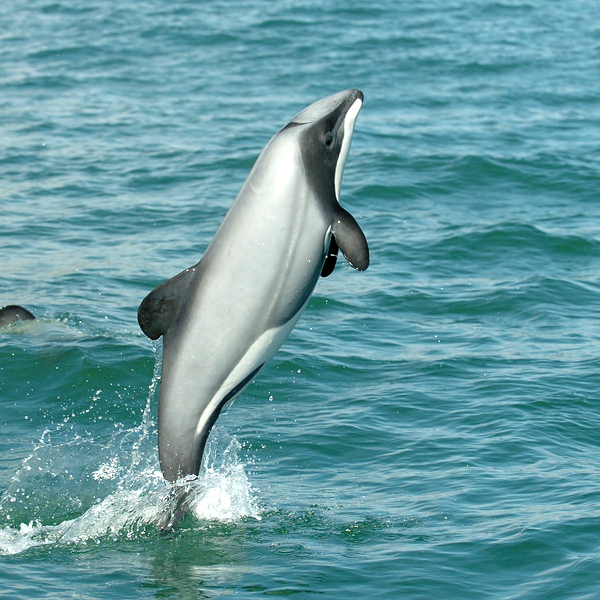 Donate
Donate
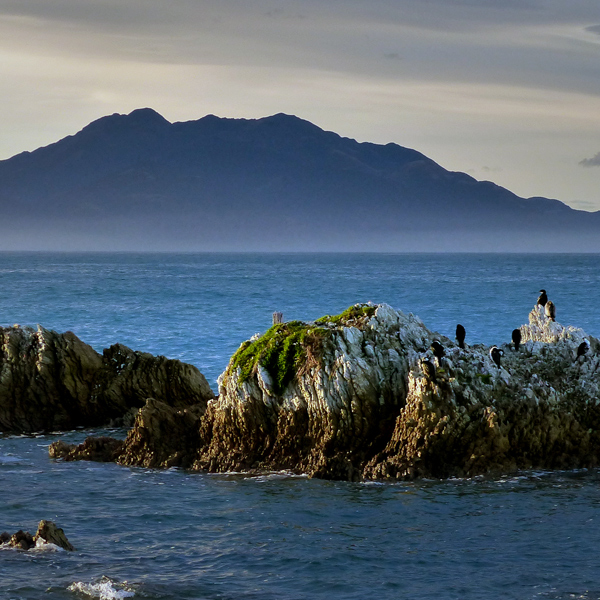 Volunteer
Volunteer
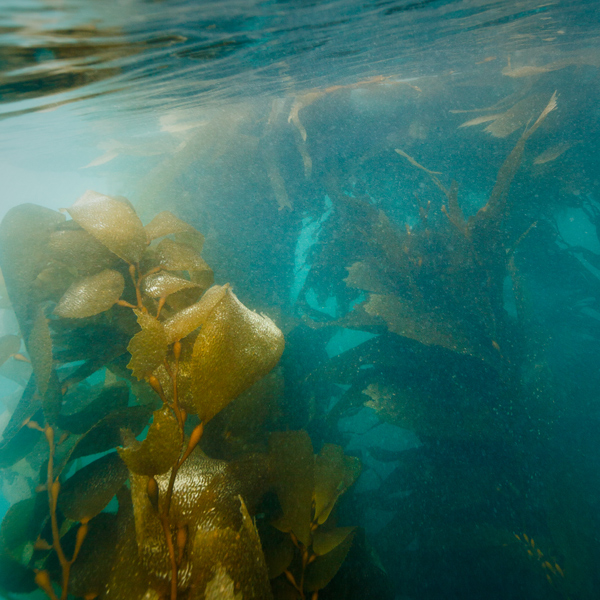 Subscribe
Subscribe

